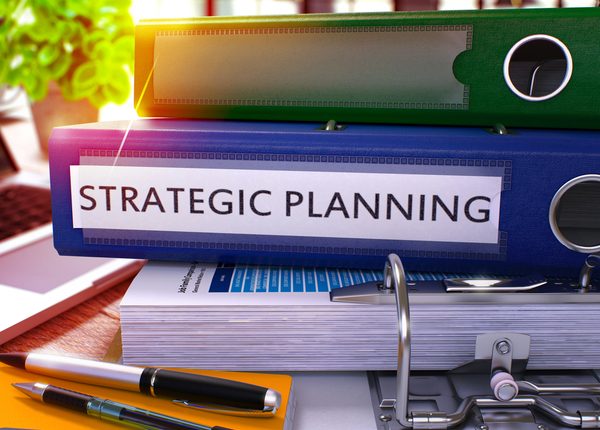
What comes after the government stimulus?
So you’ve accessed small business economic stimulus assistance. What happens now?
You need to plan. Here’s how to plan in a time of uncertainty.
By Jim Vass.
As we’ve been saying over the past month or so, the most critical first step for business owners in addressing the crisis presented by Covid-19 has been to ‘stabilise’. To ensure that cash flow and assets are protected and you have accessed all the assistance that you’re entitled to from the Federal Government at this time.
It’s important that you do this – not just so that your business can survive, but so that when the current threat of coronavirus has passed, your business is in a position to get up and running quickly.

The importance of economic stimulus
The economic stimulus has two core functions.
Firstly – to save and support small and medium sized-business. As Scott Morrison has acknowledged, SMEs are the ‘engine room’ of the Australian economy. These businesses contribute more than 50% of GDP, and keep around 5.5 million Australians employed.
Secondly – economic stimulus keeps money flowing through the economy even while large sectors are dormant, to soften the fallout and enable the economy a better chance of a smooth and swift recovery.

Plan ahead
Your responsibility now as a business owner, is to report regularly to the ATO over the coming months, and there is an expectation from the government that you will use this time productively to plan ahead.
It’s difficult right now to understand what the business landscape is going to look like in six, eight, ten, twelve months down the track. Despite this, right now, you should consider and re-evaluate all aspects of your business, with an emphasis on assuming that social distancing measures and good hygiene practices to protect staff and customers, will undoubtedly remain. Even if the government has not set new regulations for your industry, it would be wise to assume there will be impending changes, and to pre-empt as many as you can.
Evaluate everything
Ask yourself too – how can you maximise your resources, improve productivity and efficiency? What does your team look like? Will they remain working from home, or will you keep your office space? What technology can you implement to streamline processes? How can you add value to your customers? What can you do to boost profits if patronage numbers need to be revised?
Many small business owners lament that there’s never enough time to plan and evaluate – right now, whether you’re still operating in a limited way, or in complete hibernation, you can use the current situation to your advantage.

Crisis can be a driver for innovation
Crisis can be a driver of innovation because it doesn’t allow time for navel-gazing and complacency – you just have to get on with it.
So, allow yourself some time to step away from the ‘practical’ and tap into your creativity, some ‘blue sky thinking’. While there are important, and urgent practical issues that need to be addressed, also take time to go back to your ‘why’. ‘why you’re doing what you do. Rekindle the passion. Your business will benefit. Download our free e-Book outlining the 5-Step process for business success. It has been developed especially for SMEs and will give you a roadmap – a range of fundamental aspects to consider.

Embrace change
Remember though, while there are positive signs that the economy will recover quickly, and lockdowns’ might ease more quickly than originally anticipated, the time is not quite right for unbridled optimism – decisions and plans should all be considered with a thorough assessment of risks, and some caution. But this is a chance to do things differently and it’s important to embrace this change.
If Covid-19 has taught us anything it should be that change is really the only thing that any of us can count on.
Optus and Telstra are two large corporates that have already decided that the majority of staff will be able to work from home permanently. Look at the way schools are using technology to support at-home learning… and how the NSW Courts have embraced email and text messages to deal with matters in the justice system.

Adapt to survive
If these big organisations can remain relevant by doing things differently, so can you.
SMEs and micro-businesses are incredibly nimble, adaptable, scalable – these are all characteristics that will hold your business in good stead over the coming months as we look to a post Covid-19 future.
And if we can help, contact us. At ATB Partners we’re not only experienced accountants and financial planners, we’re business mentors too.
